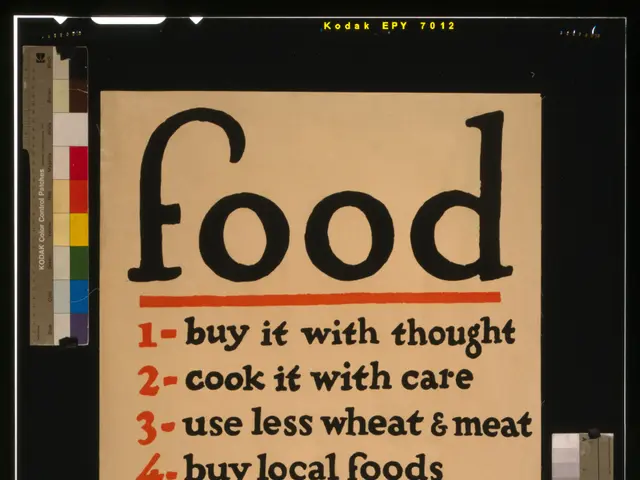Russian Experts: Omega-3 in Fish Boosts Kids' Cognitive Development
Russian experts, including Dr. Nikolai Anichkov and Dr. Sergey Kiselev, emphasize the crucial role of omega-3 fatty acids in children's development. They recommend regular fish consumption for enhanced cognitive functions and overall health.
Omega-3 polyunsaturated fatty acids are vital for a scholar's growth, supporting immunity, mood, heart, joints, brain, and nervous system development. They also boost cognitive functions like memory, logical thinking, and concentration.
Marine fish is a rich source of these essential nutrients. It provides vitamin D and phosphorus for strong bones and teeth, along with vitamins B, zinc, and selenium to bolster the immune system. Simple, healthy fish dishes like baked salmon with vegetables, cod fishcakes, tuna and avocado sandwiches, canned fish salad, and homemade fish sticks can aid children's academic performance, sociability, and calmness.
Research shows that children who consume fish dishes at least twice a week read better and exhibit fewer behavioral issues, such as impulsivity and emotional instability, compared to those who don't. Regular fish intake may also help children absorb material better in class and cope with their workload more easily.
Incorporating fish and seafood into children's diets can significantly benefit their cognitive development, academic performance, and overall well-being. Russian researchers advocate for regular fish consumption to support children's growth and learning.






